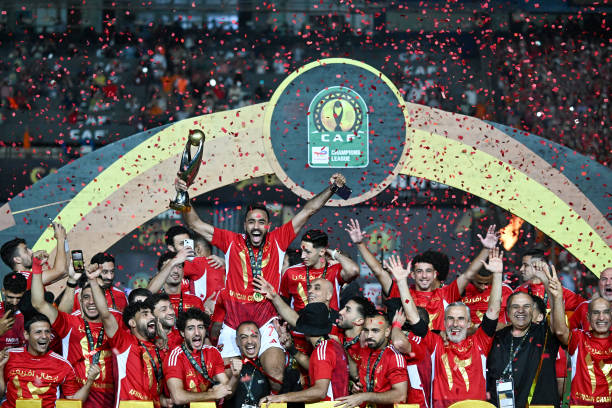
The FIFA Club World Cup is one of the most prestigious tournaments in global football, where the best teams from each continent compete for the ultimate prize. While European and South American clubs have dominated the competition for years, African clubs have consistently displayed impressive performances, earning their place on the world stage. This post will explore how African clubs have performed in the FIFA Club World Cup, highlighting their key achievements, standout moments, and the impact they’ve had on the competition.
The Rise of African Clubs in the Club World Cup

The FIFA Club World Cup was introduced in 2000 as a way to crown the best football club in the world, bringing together continental champions from all corners of the globe. African clubs have been involved since its inception, with their performances ranging from near victories to notable upsets against some of the world’s most dominant teams.
From Egypt’s Al Ahly to Morocco’s Raja Casablanca, African clubs have showcased their talents and ability to compete against the very best. Despite not having the same resources as their European counterparts, African clubs have proven time and again that they are capable of holding their own in the prestigious competition.
1. Al Ahly SC: Africa’s Most Successful Club in the Club World Cup
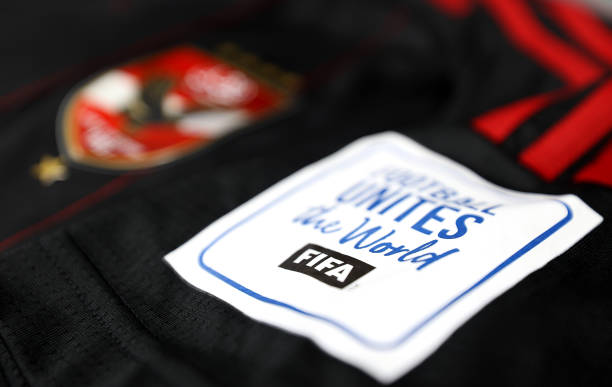
When it comes to African success in the Club World Cup, Al Ahly SC stands out as the continent’s most successful club. Based in Cairo, Egypt, Al Ahly is one of the most decorated clubs in African football history, and their achievements on the global stage further underline their dominance.
Al Ahly’s best performance came in 2006, when they finished in third place after defeating Club América of Mexico. The Egyptian giants also came close to winning the tournament in 2012, when they faced Corinthians in the final, but ultimately lost 2-0. Despite the loss, Al Ahly’s consistent performances in the tournament have earned them a reputation as one of the most formidable African teams in the competition.
In recent years, Al Ahly has continued to make waves at the Club World Cup, regularly advancing to the semifinals and finishing in the top four. Their ability to compete with top European and South American sides has solidified their legacy in the competition.
2. Raja Casablanca: Morocco’s Proud Club World Cup Achievement
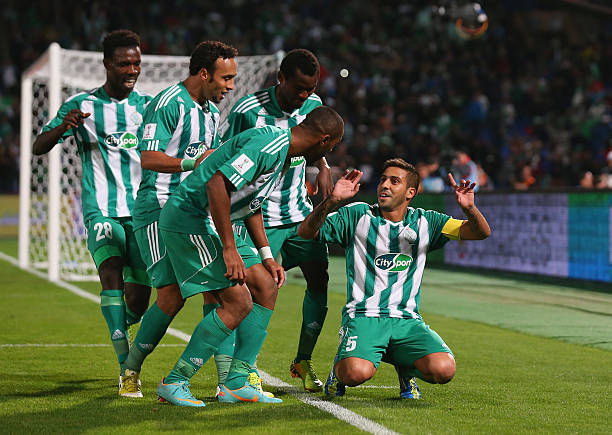
Raja Casablanca made history in 2013 by becoming the first African club to reach the final of the FIFA Club World Cup. The Moroccan side stunned the footballing world with their impressive performances, overcoming top teams such as Atletico Mineiro and Monterrey to reach the final against Bayern Munich.
Though Raja ultimately lost 2-0 to Bayern, their remarkable journey to the final was a testament to the strength of African clubs in the global arena. Raja’s achievements in the Club World Cup remain one of the most memorable moments in African club football history. Their ability to compete with the best European teams has earned them admiration and respect, cementing their place in African football lore.
3. Espérance de Tunis: Tunisia’s Contender on the World Stage

Espérance de Tunis, another top African club, has also showcased its talent on the world stage in the Club World Cup. The Tunisian club has made multiple appearances in the tournament, with their most notable performance coming in 2019, when they reached the semifinals.
Espérance de Tunis faced Al-Hilal in the semifinals and fought valiantly before losing 4-2. Despite not making it to the final, their performance against world-class opponents demonstrated the quality of African clubs. Espérance’s involvement in the tournament further highlighted the competitive nature of African football and the increasing strength of clubs from the region in the global competition.
4. Wydad Casablanca: Another Moroccan Giant Making Waves
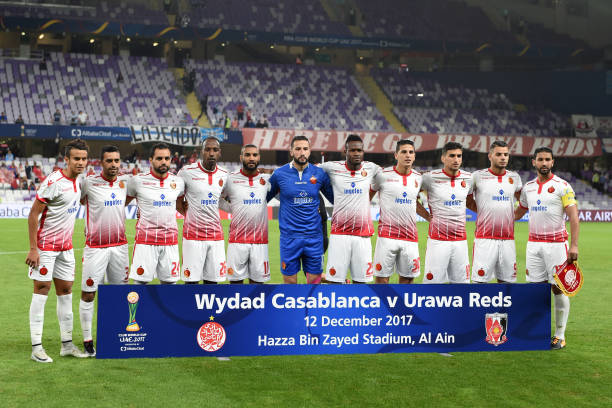
Wydad Casablanca, like their Moroccan counterparts Raja, has been a strong contender in the FIFA Club World Cup. They have consistently represented African football at the highest level and made an impact with their performances. In 2017, Wydad reached the semifinals after a series of impressive performances, eventually finishing in fourth place.
While they have not reached the final, Wydad Casablanca’s resilience and fighting spirit in the tournament have not gone unnoticed. Their consistent appearances at the Club World Cup showcase the growing strength of Moroccan football on the world stage.
5. TP Mazembe: A Congolese Powerhouse in the Club World Cup
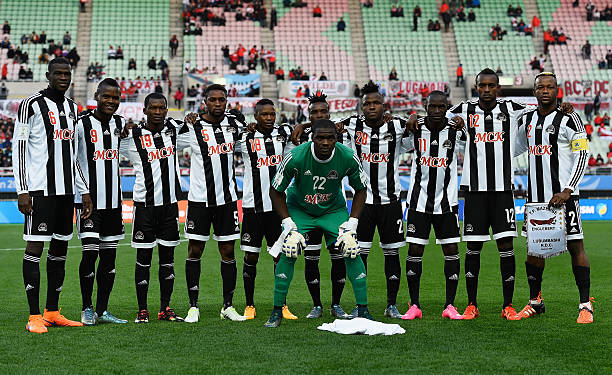
TP Mazembe, from the Democratic Republic of Congo, is another African club that has made a strong impact on the FIFA Club World Cup. In 2010, TP Mazembe stunned the football world by reaching the final after defeating Internacional in the semifinals. They went on to face Inter Milan in the final, where they lost 3-0, but their journey to the final was nothing short of remarkable.
TP Mazembe’s ability to overcome top South American and European sides demonstrated the strength and resilience of African football. The club’s run in 2010 was a milestone for African football, and they continue to be a formidable force in continental and global competitions.
6. Al Ahly vs Bayern Munich: The 2020 Showdown
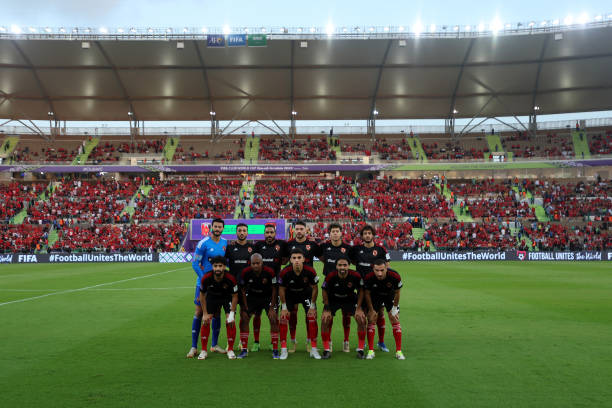
In 2020, Al Ahly once again proved their pedigree on the global stage by facing Bayern Munich in the final of the FIFA Club World Cup. Though they lost 2-0 to the European champions, Al Ahly’s performance was impressive and showed that African clubs were becoming increasingly competitive at the highest level.
Their defeat to Bayern was a hard-fought contest, and it further solidified Al Ahly’s position as one of Africa’s greatest footballing institutions. Their ability to compete with European giants highlighted the growing competitiveness of African clubs in global football competitions.
Conclusion
African clubs have undoubtedly made their mark in the FIFA Club World Cup, proving that they are worthy competitors on the world stage. From Al Ahly’s consistent performances to Raja Casablanca’s historic run to the final, African teams have demonstrated resilience, skill, and determination in the face of the world’s best.
SUGGESTED FOR YOU
Hugo Broos Warns Bafana Bafana: “We Must Avoid Doing Stupid Things”
While European and South American clubs continue to dominate the competition, African clubs have shown that they are capable of competing at the highest level. As the game continues to evolve, we can expect African clubs to remain a formidable force in future editions of the FIFA Club World Cup.









